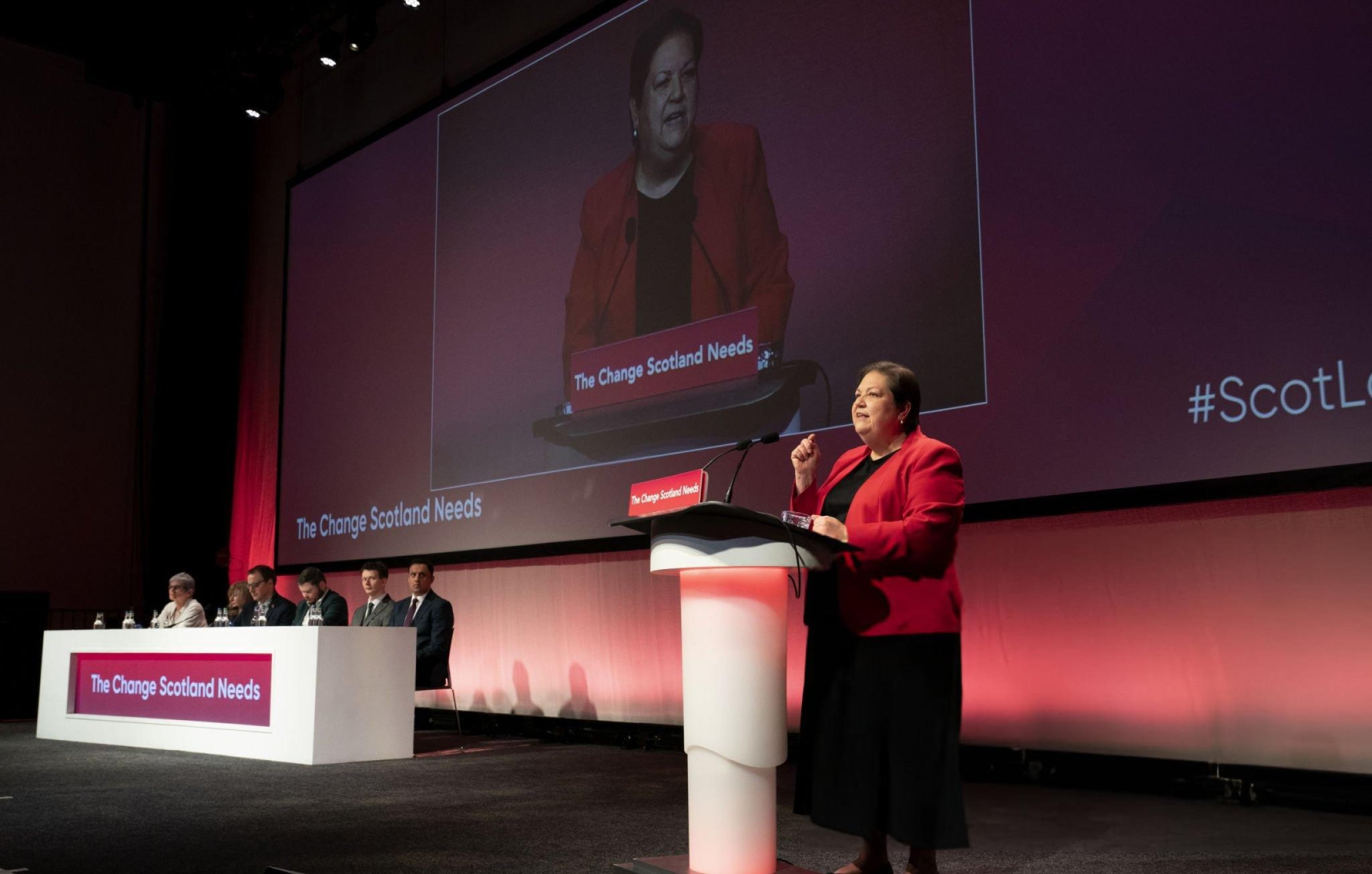Scottish Labour’s deputy leader Jackie Baillie has defended the UK Government’s controversial £5 billion welfare cuts, insisting that the projected rise in the benefits bill is “not sustainable” and arguing that getting people into work should be the priority.
Speaking on BBC Scotland’s Sunday Show, Ms Baillie said that simply increasing benefits spending without tackling employment issues would be the “wrong approach.”
Welfare cuts and rising costs
Earlier this month, Work and Pensions Secretary Liz Kendall announced a package of welfare cuts worth £5 billion, largely through reductions in support for those on incapacity and disability benefits. These cuts were further deepened by Chancellor Rachel Reeves in her spring statement, with around three million people expected to be affected.
Ms Baillie justified the government’s decision by pointing to figures from the Office for Budget Responsibility (OBR), which estimate that spending on Personal Independence Payment (PIP) and other disability benefits currently stands at £50 billion per year. This figure is projected to rise to £75 billion within the next five years.
“If you look at the Office for Budget Responsibility, they’re saying currently Personal Independence Payment and disability benefits account for £50 billion each year.
They’re projecting, in the next five years, that will grow to £75 billion. So if you were to say we should just spend that, that’s not sustainable.”
She argued that encouraging people back into work should be the government’s main priority, adding:
“Spending an extra £75 billion, if we don’t do anything about getting people back into work, is the wrong approach. That’s not sustainable.
Getting people back into work is key. None of these changes take place until November 2026. There is time to focus and an additional £1 billion is going towards employment support, which frankly, the SNP have cut.”
Concerns over rising poverty
The OBR has warned that the welfare reforms could push an additional 250,000 people into poverty, including 50,000 children. Critics argue that the cuts will hit the most vulnerable hardest, particularly those with disabilities.
However, Ms Baillie dismissed these concerns, stating that the OBR’s modelling did not account for people moving into employment as a result of the changes.
“The OBR modelled the impact of the changes. What they didn’t model was the impact of people going into employment.
And that needs to be seen as the counterbalance to what’s going on.”
Her comments suggest that Labour is backing the government’s stance on welfare reform, despite significant opposition from disability rights groups and anti-poverty campaigners.
Scottish government calls reforms a ‘big mistake’
Appearing on the same programme, Scotland’s Health Secretary Neil Gray criticised the welfare cuts, calling them a “big mistake” and an “error.”
Mr Gray accused Labour of conflating PIP with out-of-work benefits, highlighting that PIP is specifically designed to support disabled individuals who face extra living costs due to their disabilities, regardless of their employment status. In Scotland, PIP is being replaced by the Adult Disability Payment, which is managed by the Scottish Government.
“I think that was the big mistake the Chancellor made, to seek to settle and balance the books on the backs of disabled people who are more likely to be in poverty, are more likely to be furthest from the labour market.
You’re better to provide that support to them to enter the labour market, rather than take it away.”
His comments reflect the ongoing clash between the Scottish and UK governments over welfare policy, with the SNP arguing for a more generous approach to benefits while Labour and the Conservatives prioritise reducing costs and encouraging employment.
Political divisions on welfare policy
Labour’s position on welfare has faced scrutiny in recent weeks, with some party members questioning whether the cuts align with their broader commitment to tackling poverty and inequality.
Jackie Baillie’s remarks indicate that Scottish Labour is broadly supportive of the UK Government’s approach, despite opposition from both the SNP and campaigners who fear the cuts will disproportionately impact vulnerable communities.
As the debate over welfare reform continues, the divide between different political parties on how best to support those on benefits – and how to manage the rising cost of welfare – is set to remain a key issue in UK politics.







